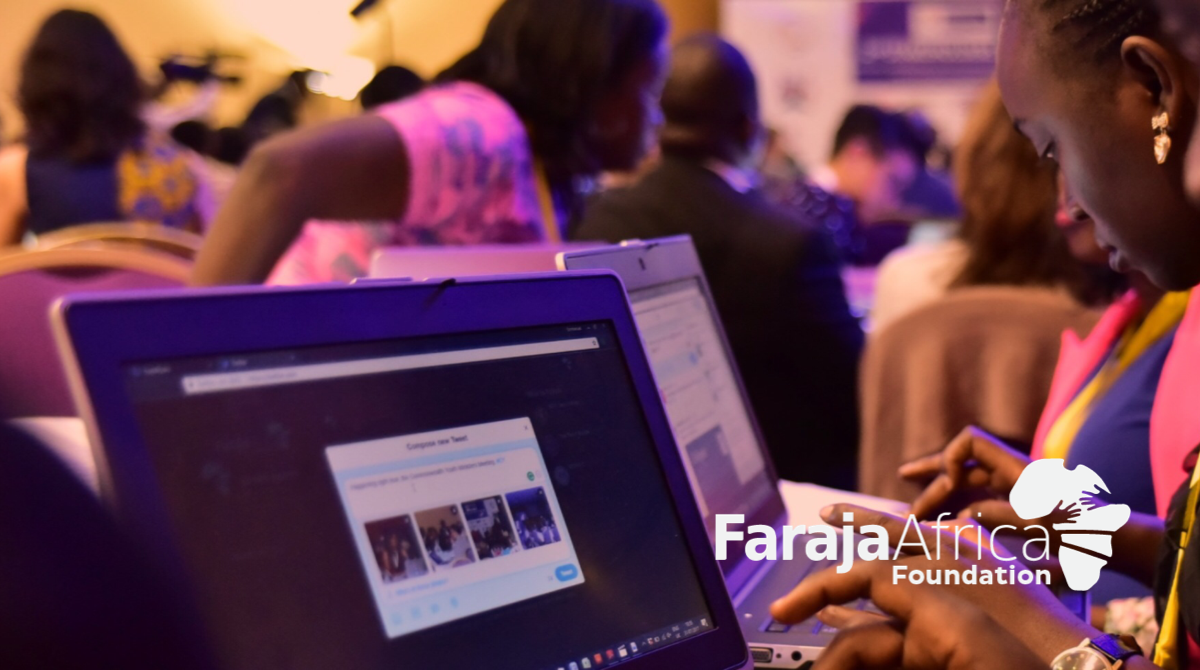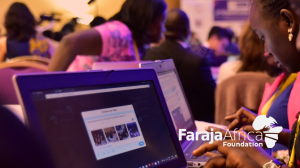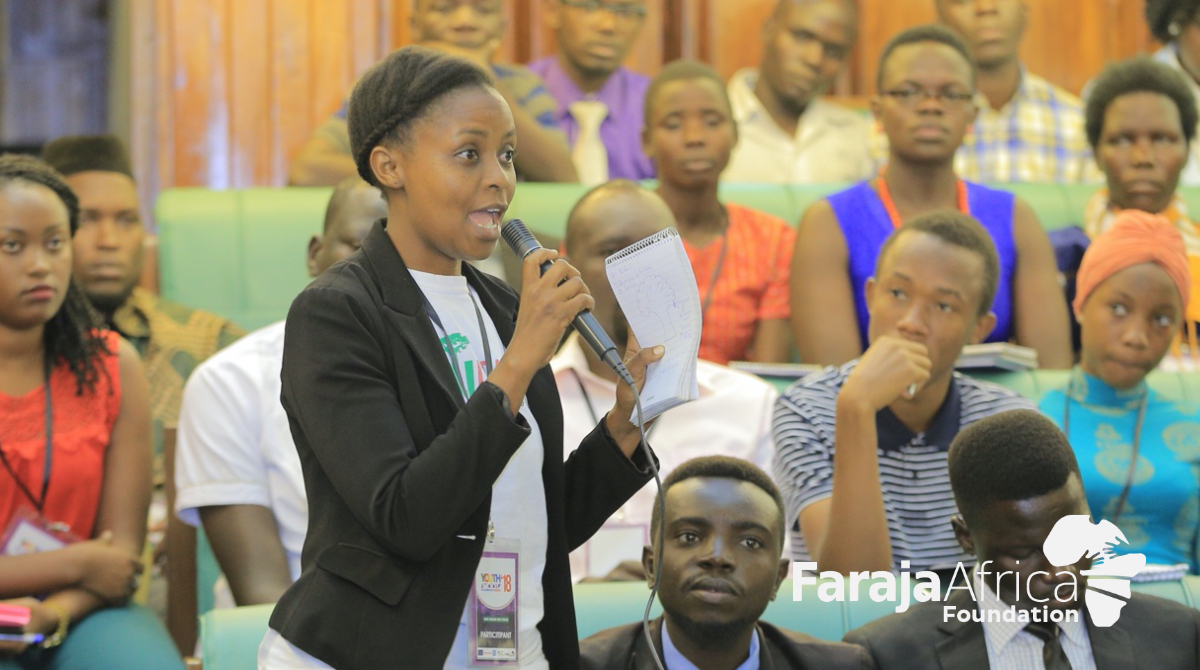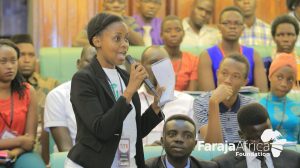Faraja Opens a Digital Youth Broadcasting Television for East Africa for Young People
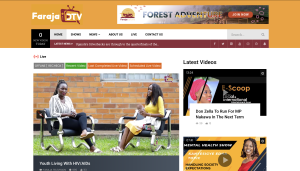
visit www.farajadtv.com
We are proud to announce the opening of a youth digital broadcasting television; Access to information is increasingly becoming expensive for young people and so is media visibility in amplifying their voices. Keeping the young people more marginalised yet they have a lot to not only share but engage in but with fewer opportunities for expression. As traditional media houses continue to disregard young people’s creativity and relevance, the latter have turned to non-traditional media such as Facebook, Instagram, YouTube, and Twitter to share their ideas and thoughts. Which has also given room for the mushrooming of FAKE NEWS.
Hence increasing the need for developing youth-centred and media-driven solutions in this digital age where timely communication is key. With a focus on creating a youth-centred space, Faraja has created a digital television and platform to amplify African young people’s voices and creativity. Faraja Television (also known as FarajaDTv / FDTv) is opened therefore for all young people in Eastern Africa and the rest of Africa.
Faraja Television’s programming module is to reach out to her audiences through the already existent digital platforms such as Facebook, Twitter, Instagram, YouTube, WhatsApp, satellite cable, website and other platforms. In so doing, creating a platform that can get young people’s voices amplified to the right audiences, in a timely and digital savvy medium; for civic awareness/engagement, promotion of the social entrepreneurial culture, African heritage among other youth developmental initiatives. It is a youth channel targeting not only a young audience but also that of key decision-makers (inter/governmental actors, civil society, private sector, etc.) and development practitioners. This will help aid in bridging the gap and developing youth-centred policies, programs and well facilitate the development process of young people.
Therefore, FarajaDTv seeks to create a platform for youth to inform, inspire, and empower each other through relevant, trustworthy, and regional-class quality television programs and services. Television is an open platform for all young people regardless in East Africa and not limited.
For more information, Follow us on Twitter @FarajaDTv for up-to-date news and for live shows please visit https://farajadtv.com \

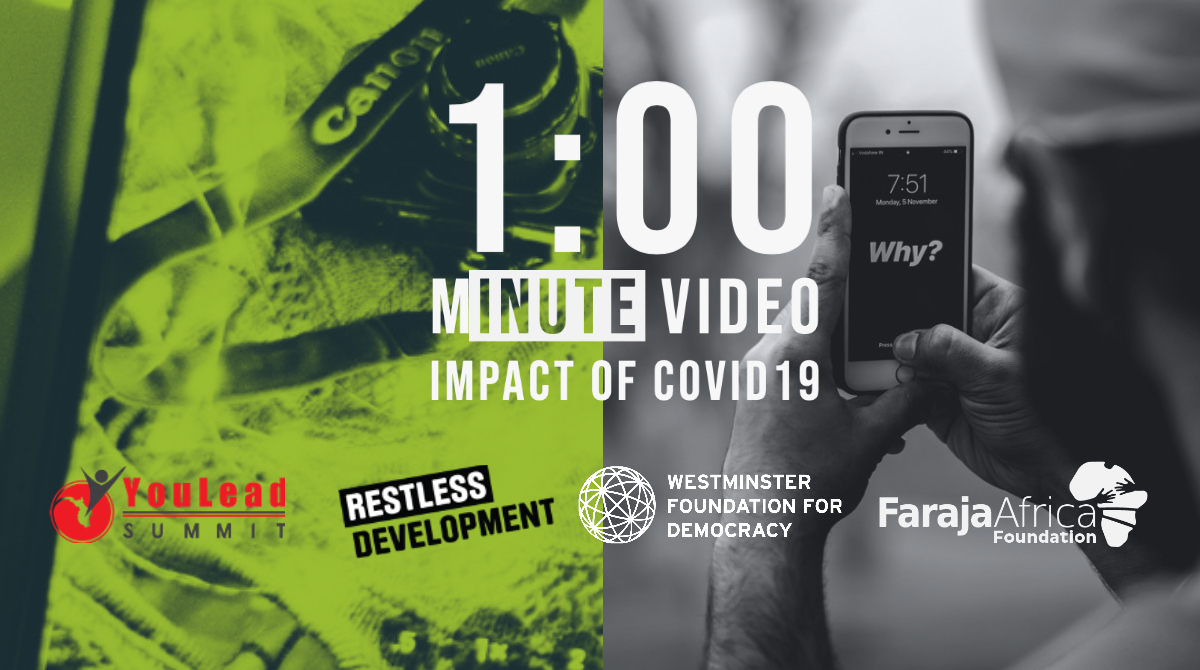
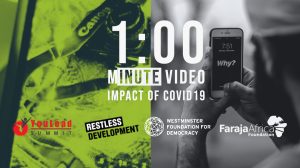 Faraja Africa Foundation in partnership with Restless Development, YOULead and the Westminster Foundation for Democracy; are hoping to capture short1-2 minute videos of young people like yourself sharing how COVID-19 has affected you (young people in East Africa). Please respond to the following question:
Faraja Africa Foundation in partnership with Restless Development, YOULead and the Westminster Foundation for Democracy; are hoping to capture short1-2 minute videos of young people like yourself sharing how COVID-19 has affected you (young people in East Africa). Please respond to the following question:

